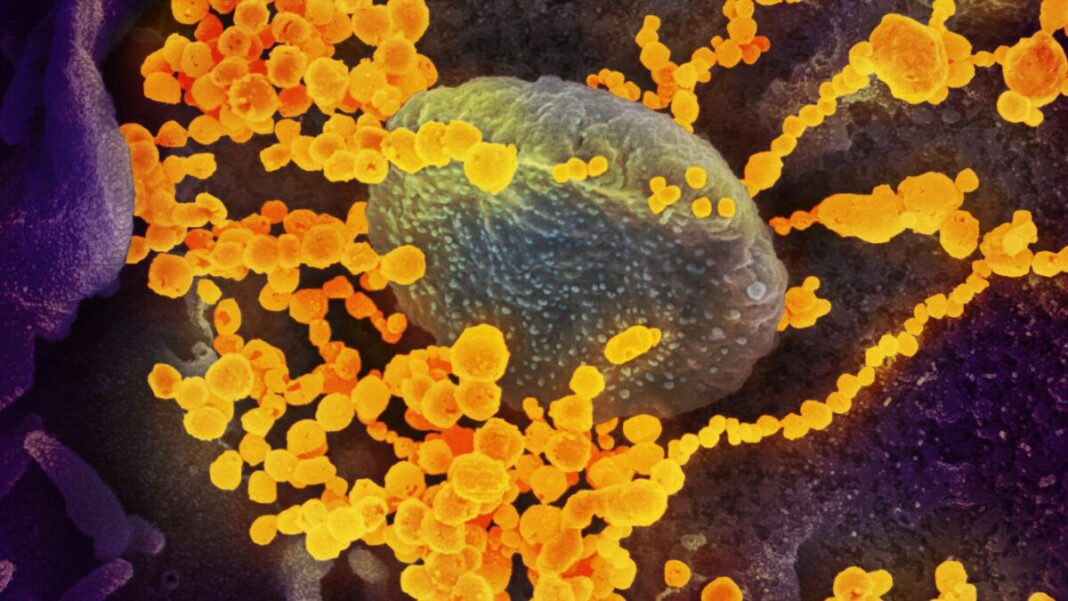Researchers reported promising results from a trial evaluating an antihistamine spray against COVID-19.
A nasal spray typically used to relieve allergy symptoms may help combat COVID-19, according to a new study.
People who received the azelastine nasal spray in a randomized, placebo-controlled trial in Germany were less likely to test positive for COVID-19, researchers reported on Sept. 2.
Only 5 participants who were administered the spray had laboratory-confirmed COVID-19, compared with 15 in the placebo group, they said.
Spray recipients also had a lower incidence of rhinovirus infections.
The single-center trial involved 450 people receiving the spray or a placebo three times a day for 56 days. The trial lasted from March 2023 to July 2024.
“Azelastine nasal spray could provide an additional easily accessible prophylactic to complement existing protective measures, especially for vulnerable groups, during periods of high infection rates, or before travelling,” Dr. Robert Bals, professor of internal medicine at Saarland University, who led the trial, said in a statement.
In a commentary article, also published by JAMA Internal Medicine, U.S. researchers Dr. Samuel Vidal and Dr. Dan Barouch said that the German scientists reported “promising data.”
Since the trial was carried out at one center and had a relatively modest size, further studies are needed to assess whether the spray is actually effective against COVID-19, Bals and his coauthors said.
“These findings support the potential of azelastine as a safe prophylactic approach warranting confirmation in larger, multicentric trials,” they wrote.
The trial was funded by URSAPHARM Arzneimittel GmbH, which manufactures the spray, and some of the authors are employees of the company.
In the United States, azelastine was approved in 2012 to reduce symptoms of seasonal allergies. It is sold as Dymista and is also available generically. Side effects include drowsiness and headache.








